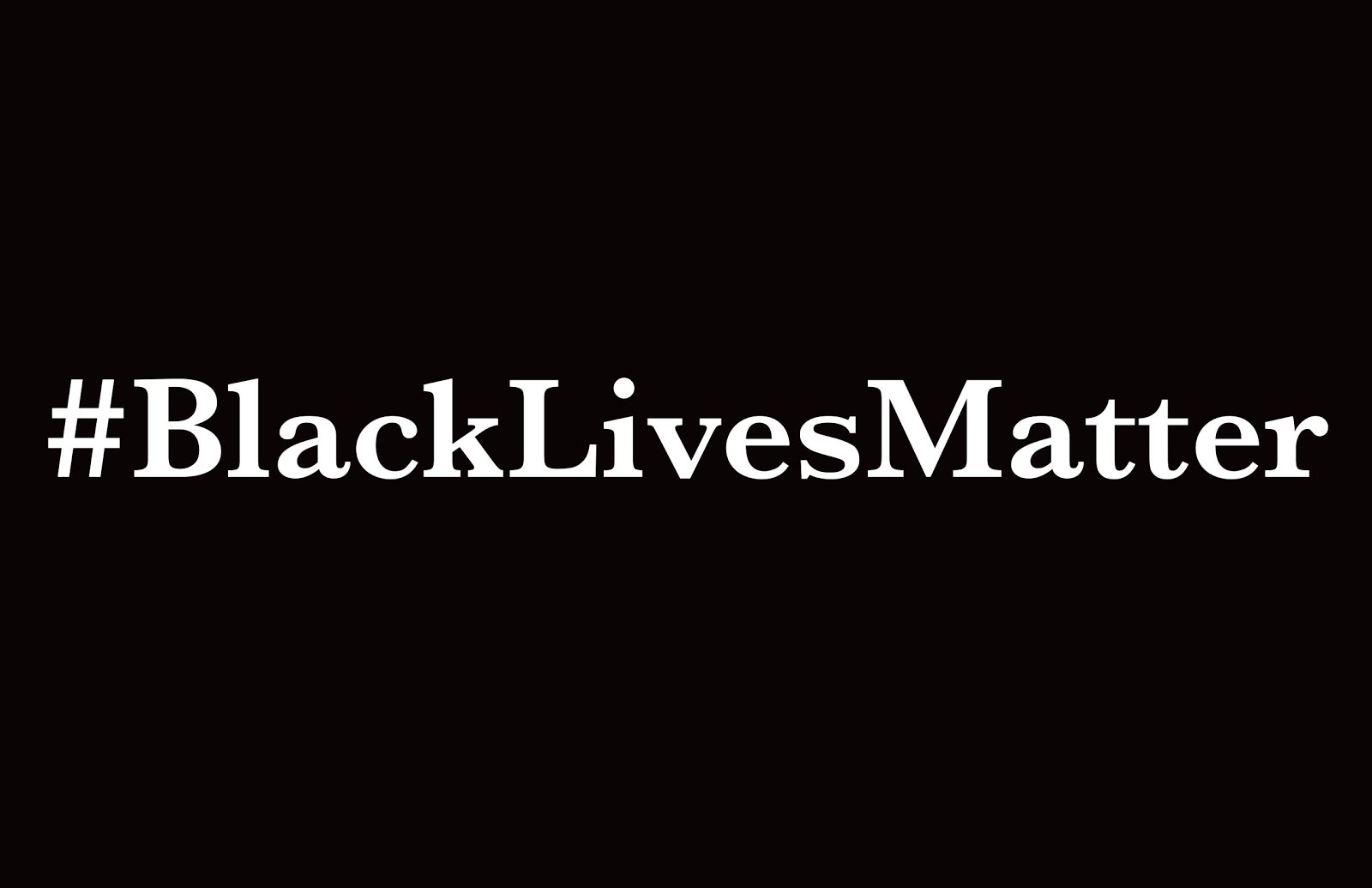I really can't recommend reading it unless you are prepared to be rather dismayed and disturbed...at least that's the principle reaction I had to the book. It is depressing and sad to read about the children who are appalled and/or horrified at their parents behavior and it is even more depressing and sad to read about the children who are not appalled and/or horrified or who deny any such behavior.
What was very saddening to me was that it seems that all the denial and/or unconcern with the murderous behaviors does not result in discernible psychological and/or emotional problems.
In the 1960s the Heiderlberg psychologists Alexander and Margarete Mitscherlich made the following statement about the psychological health of the Germans:I don't want to draw some maybe obvious conclusions from these observations...I'm aware of many but am not inclined to fully ascribe to them...mainly because I suspicion they would prompt a really unpleasant state of depression.
“Astonishingly our experience in no way points to the kind of increase in the number of patients in a state of denial that might have encouraged us to identify a tangibly clinical illness. From the records of more than 4,000 patients it emerges that extremely few criteria could be found for a correlation between their present-day symptoms and their experiences in the Nazi era. Self-confessed Nazis virtually never appeared.”
The Freiburg psychoanalyst Tilmann Moser offered a similar conclusion at the end of the 1990s.
“It seems that we must resign ourselves to the fact that the perpetrators and their followers have uncovered no path to shame or guilt within themselves, and for this reason we remain faced with” cleavage, defiance, cognitive dysfunction, collective denial and anthropological limits to the establishment of identity and the continuity of conscience.”
After countless studies, his Munich counterpart Wolfgang Schmidbauer has come to accept the 'intensely unjust' state of affairs that for the camp murderer who has killed over and over again, or the camp employer who has profited by the deaths of thousands of helpless slave laborers, it is far easier to deny guilt, to shrug off scruples, to live a normal family life and be a respected father to his children, than it is for the victims, who are mostly visited by the severest feelings of guilt because they are the ones who survived. You have to look at it this way, Schmidbauer concludes: the perpetrators had to deal only with their fear of being caught and condemned. From a psychological viewpoint, it comes down to understanding that the perpetrator realised him or herself through his or her act, whereas the victim was hindered by the same act in everything that he wanted, and wants still, to realise. Or put it more cynically: torturing body and spirit has measurably fewer side effects than being tortured. Pp186-7
It is all perhaps best summarized by this passage from the book.
The Nazi hunter Simon Wiesenthal says that it is a grave and dramatic mistake to proceed on the basis that only evil beings are capable of evil acts. One of the essential characteristics of many leading National Socialists, says Wiesenthal, was that at home they were utterly charming people. They were the same people who lovingly kissed their children goodby in the morning and then a few hours later were gassing or shooting Jews. This realisation , Wiesenthal thinks, is dreadful and at the same time hugely important, because on the person who has grasped it knows that evil lives dormant in most people and can break out at any time. Let no man say that such a ghastly dictatorship is no longer possible today. That is the true lesson from the horror of National Socialism: we must fight against it constantly, against evil, so that it does not emerge again. pp 182Most of us who live vegan did not do so at some time. We lived ordinary lives doing extraordinary evil with no discomfort at all. Wiesenthal seems to be oblivious to the evil that is inherent in eating our fellow Earthlings...I find no references to his being vegan. We must not only fight constantly against evil, we must fight constantly to be able to even recognize evil. Living vegan is the only way I know of to mostly avoid participating in a huge huge evilness.
I've written before about history and human behaviors (here, here and here). I'll likely write more too. Having spent my professional life trying to understand and sometimes modify human behavior and personality makes me know how little I understand. I will say though, from what I can see, veganism as explained by Donald Watson and friends seems to be the best of the best of all ways to live while doing minimal harm to others.











